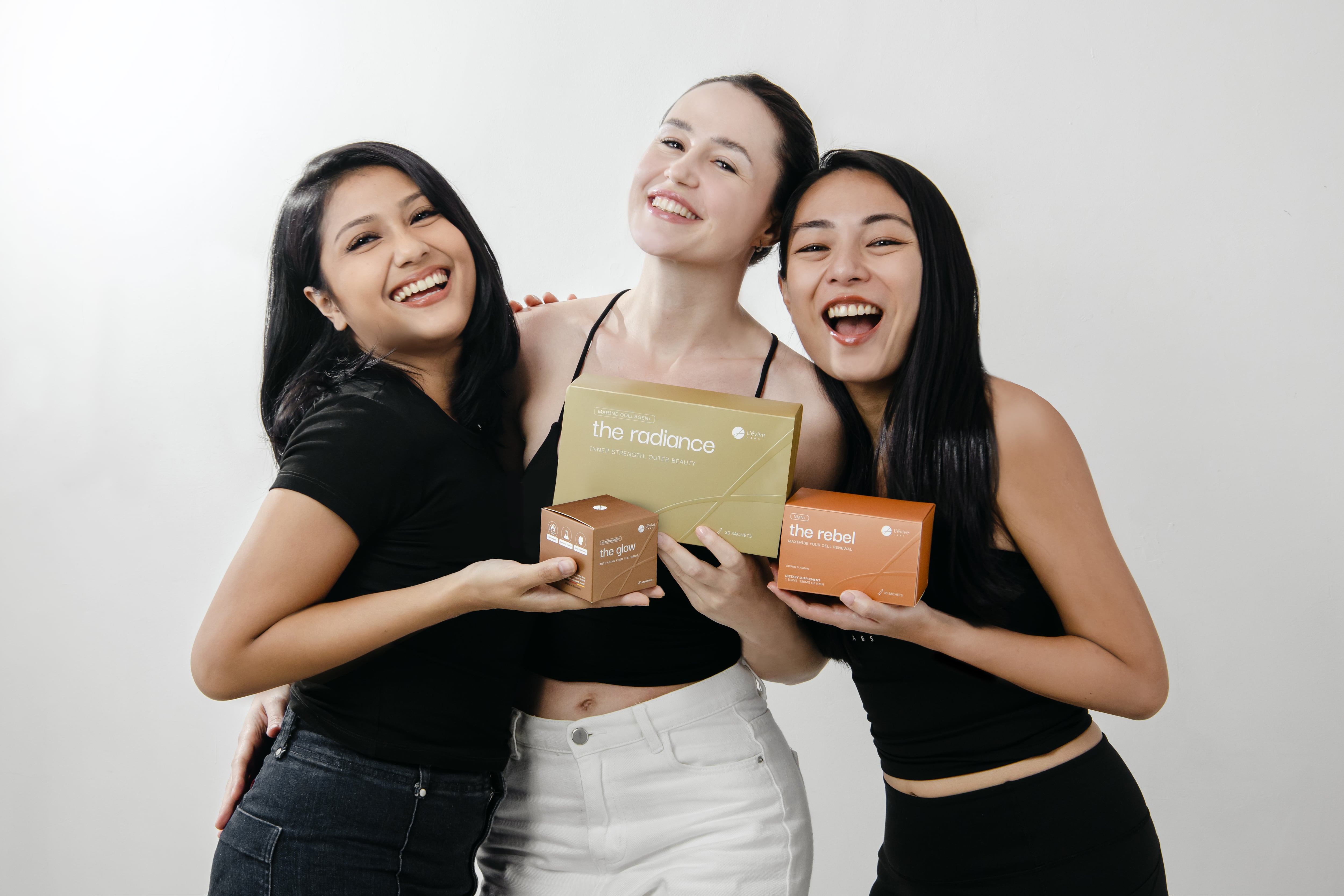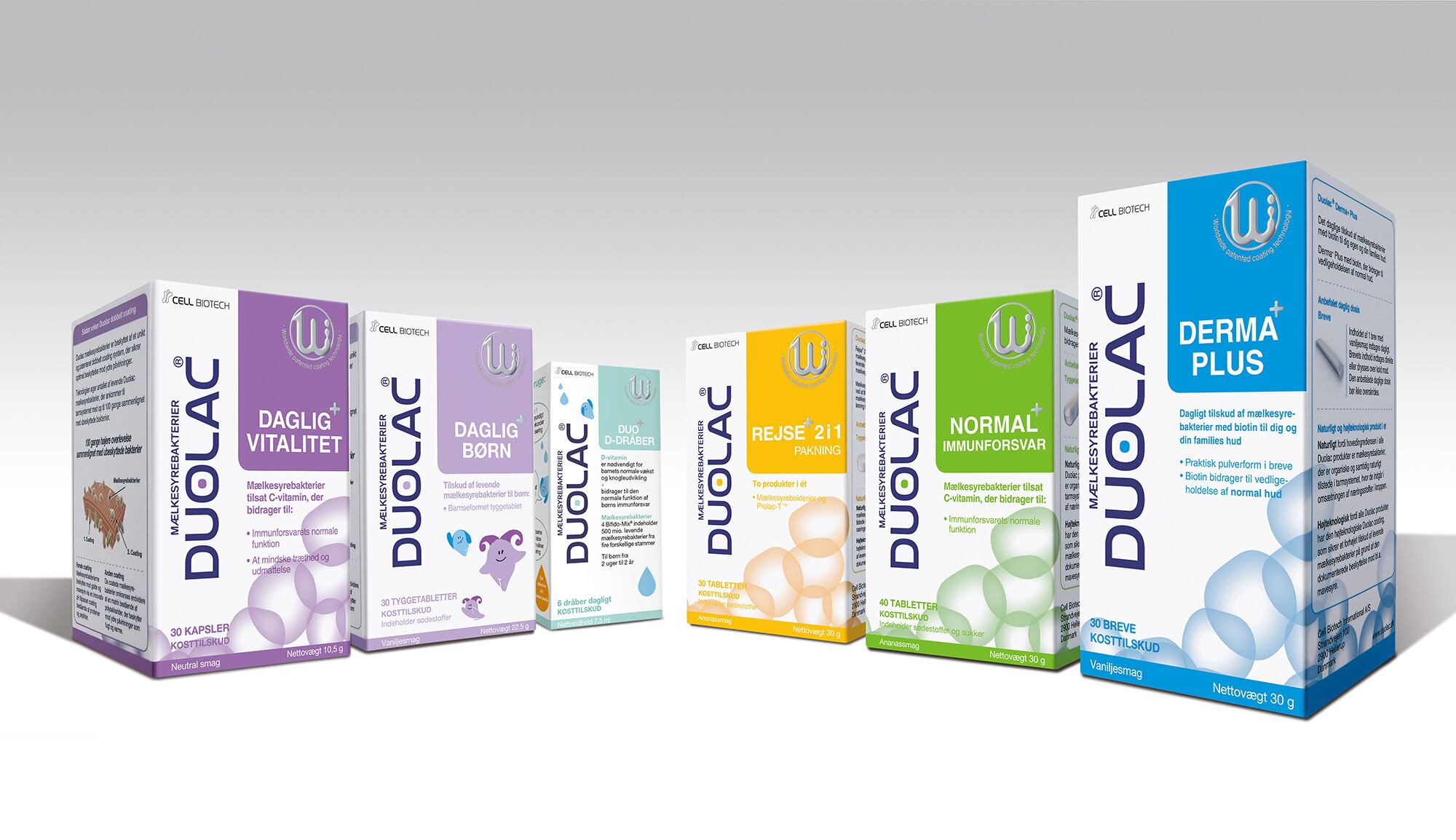The study, conducted by researchers at the Korea Institute of Educational Facility Safety and Nongshim Co., Ltd., enrolled 70 adults aged 20 to 59 and tested a branded ingredient, NS Collagen Peptide, at 1,650mg per day.
The product delivered 74.25mg of the functional dipeptide Gly-Pro within that daily dose.
The trial included healthy men and women without active skin disease, recent dermatologic procedures, or systemic therapies that might confound results. Women made up most of the cohort, which fit the typical user profile for “beauty from within” products.
Participants took NS Collagen Peptide or a matched placebo for eight weeks, then entered a two-week washout.
Wrinkles improved early and stayed improved
People who took collagen showed fewer wrinkles that kept improving over time. By day 10, wrinkles around the eyes (crow’s feet) were shallower, and by week eight, they looked even smoother. Two weeks after stopping, the skin still looked better.
The lines around the mouth (nasolabial folds) also improved during supplementation. After stopping, the results faded slightly but still looked better in the intervention group than the placebo group.
On the neck, skin kept improving and stayed firm even after the washout period. Expert graders saw the same changes that imaging devices measured: fewer and less deep wrinkles at week eight and two weeks later. The placebo group showed no real change. This consistency between what experts saw and what the devices measured shows that the changes were real and visible.
Skin elasticity and firmness increased
Collagen boosted the skin’s ability to stretch and bounce back. Key measures of elasticity (R2, R5, R7) increased significantly by the fourth and eighth weeks, especially on the cheeks, and stayed high even after stopping. For some measures, collagen users pulled ahead of placebo as early as day 10.
In the “butterfly zone” on the cheeks — where pores are dense — elasticity improved at every visit after baseline. In contrast, placebo users lost elasticity after the washout period.
Hydration rose at the surface and in deeper layers
Collagen users showed better hydration in both the outer and deeper skin layers. Surface moisture rose by day 10 and kept climbing through weeks four and eight. Deep hydration followed the same trend and stayed high after stopping.
In the placebo group, deep hydration improved during dosing but dropped once they stopped taking it, while surface moisture fell after washout. At every time point, collagen users showed better hydration than placebo users.
This fits what people commonly know about how collagen peptides work: once absorbed, they can trigger skin cells (fibroblasts) to make more collagen and hyaluronic acid, while slowing down the enzymes that break down the skin matrix. These effects help the skin hold moisture and stay supple.
Denser dermis, decreased pores
Ultrasound scans showed that collagen users built a denser dermis (the skin’s deeper layer) by day 10, with steady gains through week eight and after washout. This meant a firmer, tighter look, consistent with fewer wrinkles and better elasticity.
The placebo group, on the other hand, saw temporary gains that disappeared after stopping, especially on the neck.
Collagen also reduced pore size and oiliness. Around the eyes, pore count and volume dropped by day 10, improved further by week eight, and stayed low after washout.
Across the cheeks, folds and neck, collagen reduced the number, area and depth of pores, even if not every change reached statistical significance. These findings suggest collagen helped refine the skin’s texture at the microscopic level.
Sebum (oil) production also dropped on both cheeks by day 10 and stayed lower through the washout period. The placebo group showed only a small, temporary dip on one cheek.
This suggested a better moisture-oil balance, which meant less shine and smoother-looking skin.
The collagen group also showed a steady drop in the desquamation index — a measure of old skin cell buildup — on both the cheek and heel. This meant faster turnover and a smoother, healthier barrier, which remained even after stopping.
The placebo group, however, showed no real change. The heel results also suggested that collagen works throughout the body, not just on the face.
What to test next
Most participants were women, which fit the target audience but limited how well the results applied to men. The study also didn’t include blood or tissue biomarkers, so the researchers could not directly confirm the biological mechanisms, though the results fit what past research had shown.
In conclusion, the researchers wrote: “These findings support the potential of collagen peptide NS as a safe and effective functional food ingredient with comprehensive skin health benefits, particularly in addressing cosmetically relevant concerns such as wrinkle depth and pore visibility.”
However, they also acknowledged: “Potential placebo effects and seasonal changes were not discussed. Additionally, while comprehensive in endpoint scope, the study did not incorporate invasive biomarker assessments.”
Source: National Center for Biotechnology Information. doi: 10.4014/jmb.2507.07008. “Skin Anti-Aging and Moisturizing Effects of Low-Molecular-Weight Collagen Peptide Supplementation in Healthy Adults: A Randomized, Double-Blind, Placebo-Controlled Clinical Trial”. Lee Eunkyoung, et al.




